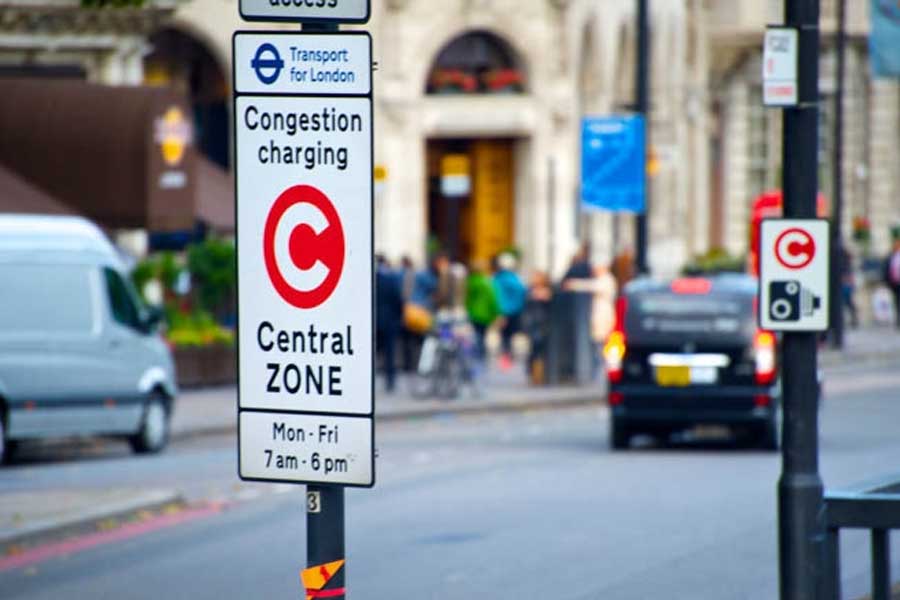What is it about the Carolinas and stale plans for outerbelt highways?
First Charleston officials decided to charge forward with 70s-era plans for a bypass extension. Now Charlotte transportation planners are dusting off plans for a second outerbelt, envisioned by regional planners in the late '80s and early '90s.
Somebody should tell these guys that just because some highway plans are gathering dust on a shelf doesn't mean they have to build it.
Charlotte Observer columnist and Naked City blogger Mary Newsom was on hand yesterday when a study group hosted by the Centralina Council of Governments considered reanimating this corpse of a project:
[Gaston County Commissioner Joe] Carpenter then unfurled a large map of the route of this mythical highway, long lusted after by suburban land developers. Because why have only one outerbelt if you can have two? Haven't we all seen how well Charlotte's first outerbelt has relieved congestion, led to smoothly flowing traffic, trimmed the region's carbon footprint, helped create walkable neighborhoods and made transit easier to implement? Imagine the wonders if we could spread our Pineville- and Ballantyne-style development all over the region's farmland?
Although the Carolinas Transportation Compact backed it, there was a Carolinas Urban Coalition of nearby cities which opposed it, foreseeing that the sprawl it would engender would empty their struggling downtowns. "I find the idea inconceivable," said then-Charlotte City Council member Lynn Wheeler. "You could take gasoline and pour it on the city of Charlotte and the other cities and light a match. It would have the same effect."
The newly elected Gov. Jim Hunt was not a fan. "The outer-outerloop strikes me as just being a little farfetched," he said in early 1993. "I'd be very concerned about spending money on that." And after that, Observer articles on the outer-outerbelt dwindled. And in the intervening two decades thinking about urban transportation has changed dramatically. Highways have been shown not to relieve congestion, as hoped, but to create it. Willy-nilly suburban growth has been shown to be, in many cases, a net loss for local government revenues rather than the hoped-for boost.
Newsom had a chance to chat with meeting chair Dennis Rash, a former N.C. transportation board member, who pointed out that a lot has changed since the super-outerbelt plans were conceived, and not just in transportation planning. "He noted, drily, that the old outer-outerbelt idea had been conceived during a time when the federal government was paying for 90 percent of the cost of highway projects," Newsom writes. "Those days are gone, probably for good."
Hopefully that will be enough to finally lay this bad, bad idea to rest.
Elsewhere on the Network today: Bike Portland looks back at the movement's early days in 1971 when a group ride to Salem helped enact the state's first bicycle bill. Baltimore Spokes gets behind a push to make negligent Maryland drivers liable for manslaughter in fatal collisions with cyclists. And, fed up with the endless bike lane kvetching in New York, Bike Snob installs a coffee-filled humidifier, sets his clock back three hours and virtually moves to Portland.






